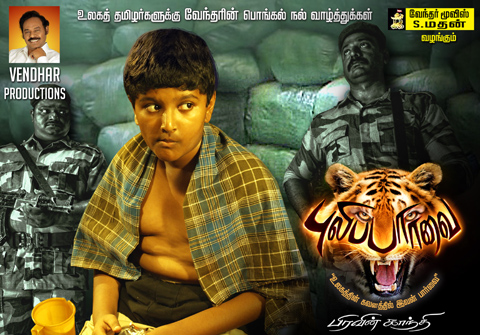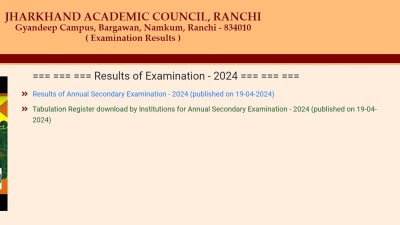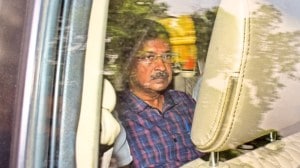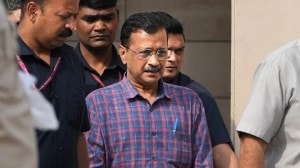- India
- International
‘Lanka links’ land two Tamil movies in trouble
Seeman, however, raised objections against Puli Paarvai and demanded deleting three scenes from the movie.
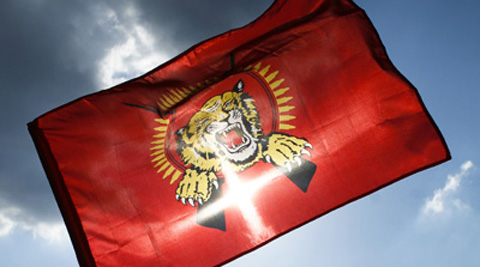 Tamil groups complained that the movie portrays the LTTE in bad light.
Tamil groups complained that the movie portrays the LTTE in bad light.
By Arun Janardhanan
Two upcoming Tamil films, Kaththi and Puli Paarvai, are facing troubles from Tamil fringe groups for alleged Sri Lankan connections. While Vijay-starrer Kaththi, produced by Lyca Productions and Ayngaran International, is in the line of fire for the alleged business interests of Rajapaksa family in Lyca Productions, Puli Paarvai is under the scanner after a section of Tamil groups complained that the movie portrays the LTTE in bad light.
Protesting against Vijay and award-winning director A R Murugadoss for joining hands with Lyca Productions, a statement issued by over 60 members from various fringe groups, including Tamilar Vaazhvurimai Katchi, demanded a ban on Kaththi, “especially when Tamil Nadu is campaigning for an economic ban on Sri Lanka and seeking a probe on war crimes they have committed.” However, sources in Ayngaran International denied links of Lyca Productions to Sri Lanka or the Rajapaksa family and said they were willing to talk to the protesters.
Kaththi, scheduled for Diwali release, however, has support of a section of Tamil outfits including Seeman, a director and leader of the outfit Naam Thamizhar Katchi.
Seeman, however, raised objections against Puli Paarvai and demanded deleting three scenes from the movie. Pravin Gandhi, director of Puli Paarvai, was quick to announce that he has removed the ‘objectionable’ scenes and dialogues. These include a scene of LTTE leader Prabhakaran’s son Balachandran wearing a uniform, portrayal of Sri Lankan army officers’ inhuman acts and sequences showing women LTTE cadres embracing guerilla warfare to ward off hunger.

Reacting to latest developments, a leading Tamil director said such incidents were forcing them to think twice before making a movie. “Several Tamil movies in early 50s, 60s and 70s were also censored for political reasons and films made by Dravidian sympathisers were also under the radar of censor board. Our politicians should learn to look at (a) movie as an art, without any insecure or inferior feelings,” he said.
Retired judge of Madras High Court Justice K Chandru said it was the responsibility of the state to protect a movie even if there is a third party attempt to censor it. “In one of its landmark judgments in 1989 on a controversy surrounding a film Ore Oru Gramathil, Supreme Court ordered that the state cannot plead its inability to handle the hostile audience problem. It is its obligatory duty to prevent it and protect the freedom of expression. Freedom of expression which is legitimate and constitutionally protected, cannot be held to ransom by an intolerant group of people,” he said, quoting the order.
Apr 19: Latest News
- 01
- 02
- 03
- 04
- 05



